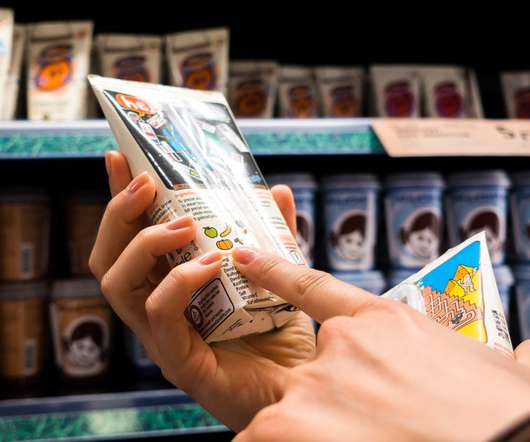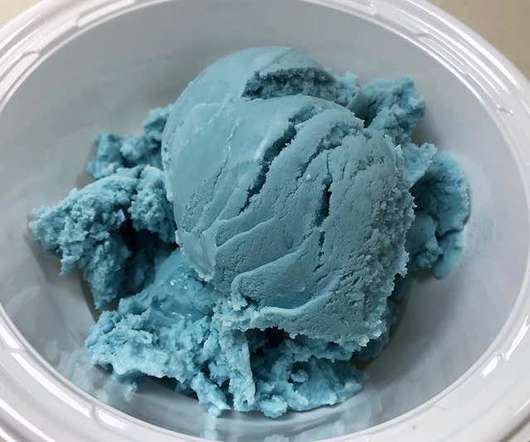Will An Upcycled Certification Mark on Packaged Foods Resonate With Consumers?
XTalks
APRIL 26, 2021
The marker may soon be found on food and beverage products, pet food, dietary supplements, cosmetics and more. Future Market Insights predicted in 2019, prior to the onset of the COVID-19 pandemic, that the upcycled food industry was worth more than $46 billion, with an estimated compound annual growth rate (CAGR) of five percent.













Let's personalize your content